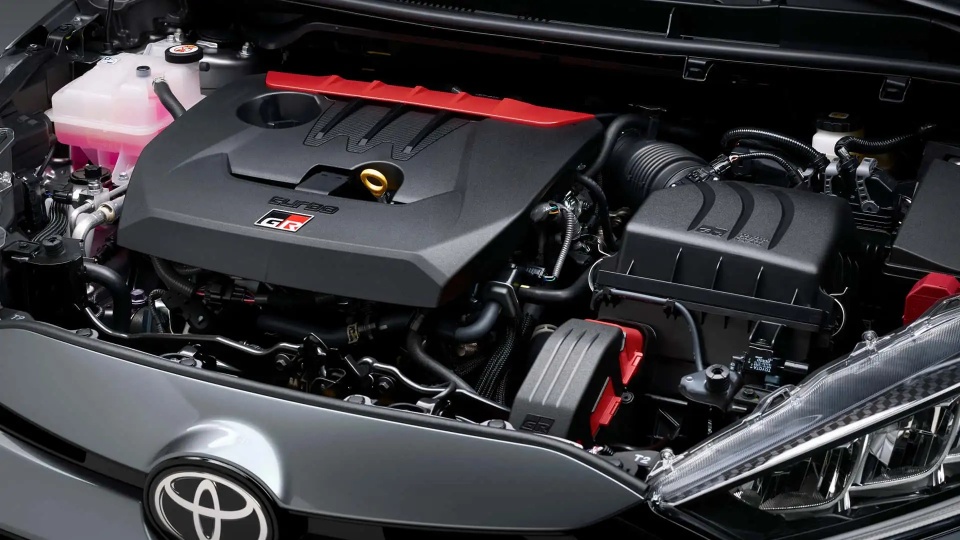
|
|
Toyota is developing a new internal combustion engine. Photo: Motor1. |
According to Motor1, Toyota is confirming that it is developing a new internal combustion engine for its future vehicle models.
The statement from the Japanese automaker comes amidst reports that electric vehicle sales accounted for about 0.926% of Toyota’s global sales in 2023, equivalent to just 104,018 electric vehicles out of a total sales volume of over 11.2 million vehicles.
In a recent speech, Toyota President Akio Toyoda reiterated the plan to develop a new internal combustion engine for their car products. Toyoda expressed his belief that electric vehicles will not exceed a 30% market share, regardless of potential technological advancements in the future.
Therefore, around 70% of the remaining market share will belong to gasoline vehicles, hybrid vehicles, and fuel cell electric vehicles. The use of hydrogen fuel-powered engines was also mentioned by Toyoda, but not diesel engines.
“If we suddenly switch to electric vehicles, about 5.5 million people in the Japanese auto industry, who have devoted their entire lives to studying internal combustion engines, will feel that their efforts have been in vain. Some suppliers to our internal combustion engine production line may even be unable to borrow money from banks,” shared Akio Toyoda.
|
|
|
The CEO of Toyota does not believe that electric vehicles can hold more than a 30% global market share. Photo: Reuters. |
According to Motor1, the global automotive industry has reached a stage where the announcement of developing a new internal combustion engine has become surprising.
In 2024, automakers are expected to focus on introducing more electric vehicles. Some brands such as Jaguar, Chrysler, Lotus, Aston Martin, Bentley, Buick, Cadillac, Rolls-Royce, Genesis, Maserati, Mini, Opel/Vauxhall, and Volvo have committed to producing only electric vehicles by the end of this decade. Toyota’s Lexus brand has also confirmed that it will stop selling vehicles with internal combustion engines by 2035.
In Europe, many continental car manufacturers have also pledged to only sell electric vehicles by around 2030. Audi, for example, has confirmed plans to stop producing vehicles with internal combustion engines by 2032, while Volkswagen aims to produce only electric vehicles in Europe from 2033.
Meanwhile, Toyota believes that battery-powered electric vehicles cannot be the only solution on the path to carbon neutrality. President Akio Toyoda mentioned the unpreparedness of the existing charging infrastructure and the lack of sufficient electrical supply in some markets where Toyota sells cars.
Therefore, Toyota believes that investing solely in electric vehicles will not make much sense, according to Motor1.
Great Books to Read on Road Trips
The Car category sends readers interesting books with various captivating topics. During long journeys with our cars, it is not uncommon to have moments of rest, relaxation, and the opportunity to enjoy some good books.













































